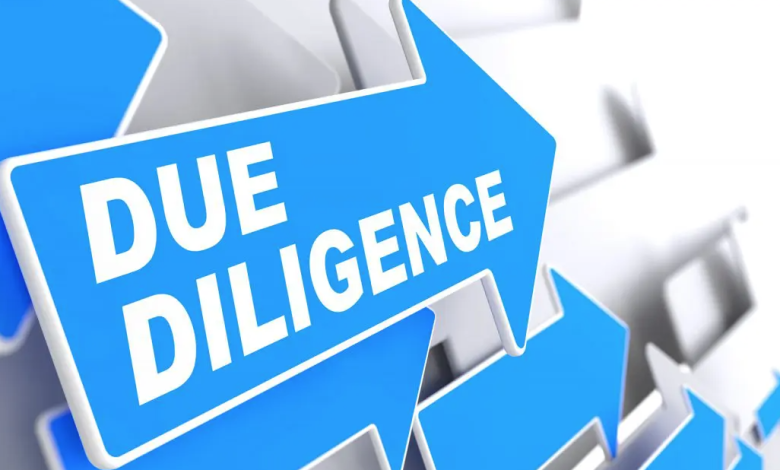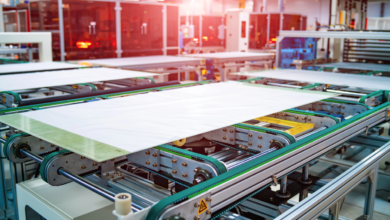For larger companies, the Due Diligence Directive requires them to have plans compatible with 1.5°C
(Sustainabilityenvironment.com) – New obligations for companies were introduced by the European Union with the Sustainable Business Due Diligence Directive.
Identify, prevent and mitigate environmental crimes and human rights violations in supply chains. Put in place procedures for victims to file complaints and create a monitoring system. That also monitors the performance of suppliers.
Today, Due diligence meaning is used to identify the process of investigation put in place to analyze the value and condition of a company, a detailed analysis of its background and reputation in order to determine the advisability of investment, merger, acquisition or any business relationship.
According to the presented text, which still has to start the long approval process in the European institutions, companies “will have to identify and, if necessary, prevent, end or mitigate the negative impacts of their activities on human rights, such as child labor and exploitation of workers, and on the environment, for example, pollution and loss of biodiversity“.
But who are the recipients of the Sustainable Business Due Diligence Directive?
Excluding small and medium-sized enterprises. Small and medium-sized SME companies are not directly bound to comply with due diligence measures but may have to put in place similar procedures if they are suppliers to other companies.
The companies involved belong to 2 groups.
On the one hand, all European limited liability companies with more than 500 employees and more than €150 million in net sales worldwide. On the other hand, limited liability companies that operate in sectors defined as high impact, have more than 250 employees and a net turnover of 40 million euros worldwide. For the latter, the obligation to comply with the directive is triggered two years later.
With the Sustainable Business Due Diligence Directive, the EU also introduces a requirement for companies in the first group to have a business plan in line with the goal of keeping global warming below 1.5 degrees.
“This proposal is a real game-changer in the way companies manage their business activities across their global supply chain,” explains Didier Reynders, EU Commissioner for Justice. “With these rules, we want to defend human rights and drive the green transition. We can no longer turn a blind eye to what is happening along our value chains”.






